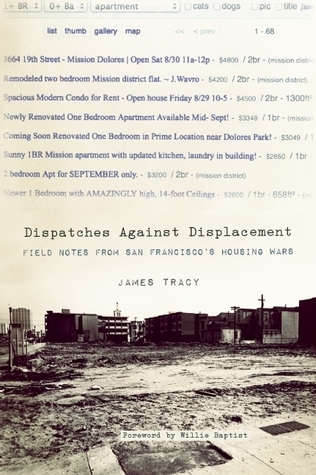What do you think?
Rate this book


200 pages, Paperback
First published September 22, 2014
[Joe Wilson] defines trauma as the "impairment of the body's natural physical and emotional capacity to heal itself." Collective trauma by extension is the destruction of a community's ability to find solutions to the problems it faces due to the aggregated injuries of inequality and discrimination."
When I think of community control, I think if a community that is able to plan its own future because they are not having to struggle so much just to stay.